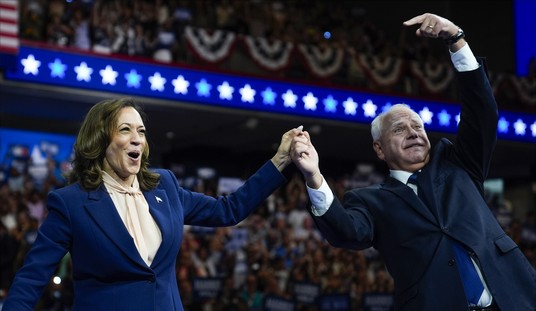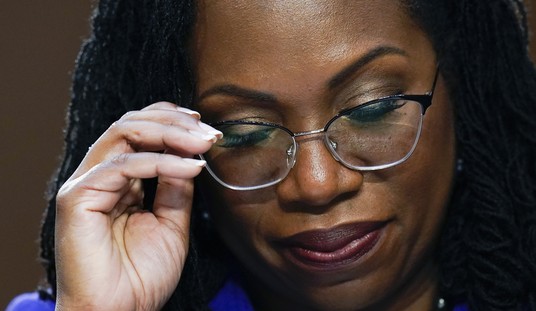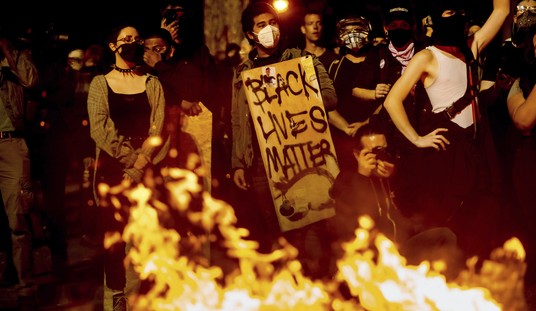Is Dylann Roof a terrorist? Was his murder of 9 innocent black Americans at an historic black church in Charleston, SC an act of terror?
FBI Director James Comey doesn’t think so. At a press conference yesterday, Comey said:
“Terrorism is act of violence done or threatens to in order to try to influence a public body or citizenry so it’s more of a political act and again based on what I know so more I don’t see it as a political act.”
But the FBI’s own definition of terrorism suggests otherwise:
The unlawful use of force or violence against persons or property to intimidate or coerce a government, the civilian population, or any segment thereof in furtherance of political or social objectives.”
(Emphasis mine)
That definition opens the door to several different interpretations. For instance, the consequences of Roof’s actions may be the intimidation of black Americans. But was that his intent? Or were the shootings simply the result of Roof’s unbalanced hatred for black people?
One terrorism expert disagrees with Comey:
“When we talk about terrorism the important things are ideological motivations – politics, religion – but equally as important is target selection,” says Simi, who teaches at the University of Nebraska at Omaha.
On 9/11, Simi points out, terrorists targeted the World Trade Center and the Pentagon, symbols of American capitalism and military might. In Charleston, the target was an historic African-American church, an institution that had a central role in fighting slavery.
And yet, when the FBI initially announced Thursday that they were entering the investigation of the massacre, they said that they were probing the case as a possible hate crime. That is, according to Professor Brent Smith of the University of Arkansas, their prerogative.
“The FBI has exclusive jurisdiction to investigate acts of terror in the U.S.,” said Smith, who is the director of the Terrorism Research Center at the University of Arkansas. “If the FBI labels it as terrorism, it is terrorism. If they don’t, it isn’t.”
[…]
According to the University of Nebraska’s Simi, the way we define terrorism – selecting a target based on ideology and motive, to terrorize a community – is very similar to how we describe a hate crime. But, he says, hate crimes – which are typically defined as a traditional crime plus bias – tend to be more spontaneous. They are often committed by younger people, people who are intoxicated, and those who can sometimes be described as thrill-seekers.
Terrorists, on the other hand, plan their attacks, as Roof allegedly did. Simi compared the Charleston murders with the 2012 massacre inside a Sikh Temple in Oak Creek, Wisconsin, and the shootings outside a Jewish Community Center and a retirement complex near Kansas City in 2014. All of these attacks were allegedly perpetrated by “lone wolf” shooters, and, at least in the case of Oak Creek and Kansas City, the perpetrators had long histories of affiliation with right-wing groups that espoused violent ideologies. Yet, they were not referred to as terrorist acts.
There is no denying a political element to the killings, but it’s another question whether it was an overt political act. Comey is probably correct using a strict interpretation of the definition of terrorism — at least, based on what we know so far. But how much does it really matter? Nine innocent people are dead because Dylann Roof acted out his extreme hatred for black people in a church. Perhaps it’s best we keep our eye on that ball, rather than trying to score political points by claiming what he did was terrorism.










Join the conversation as a VIP Member